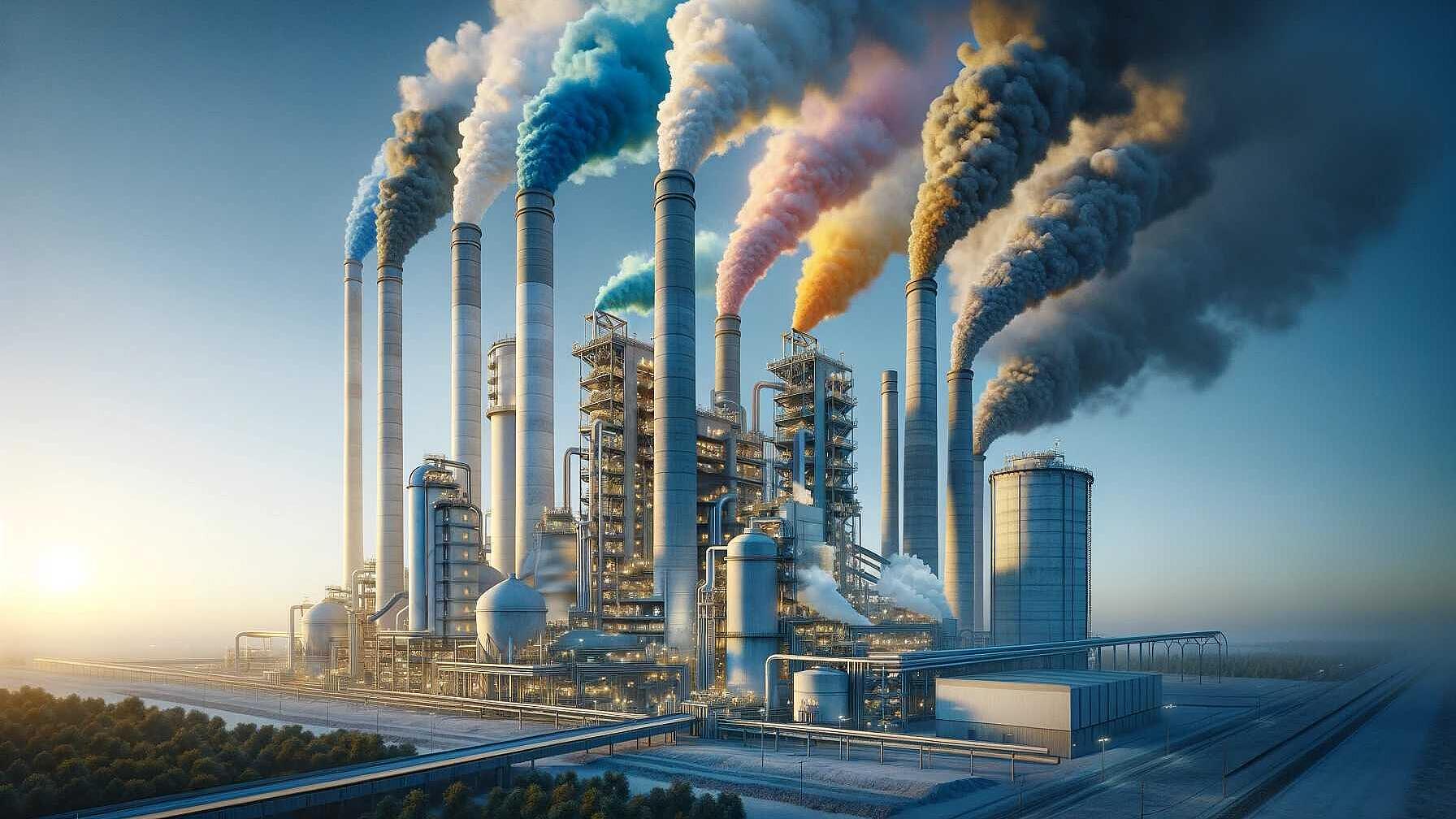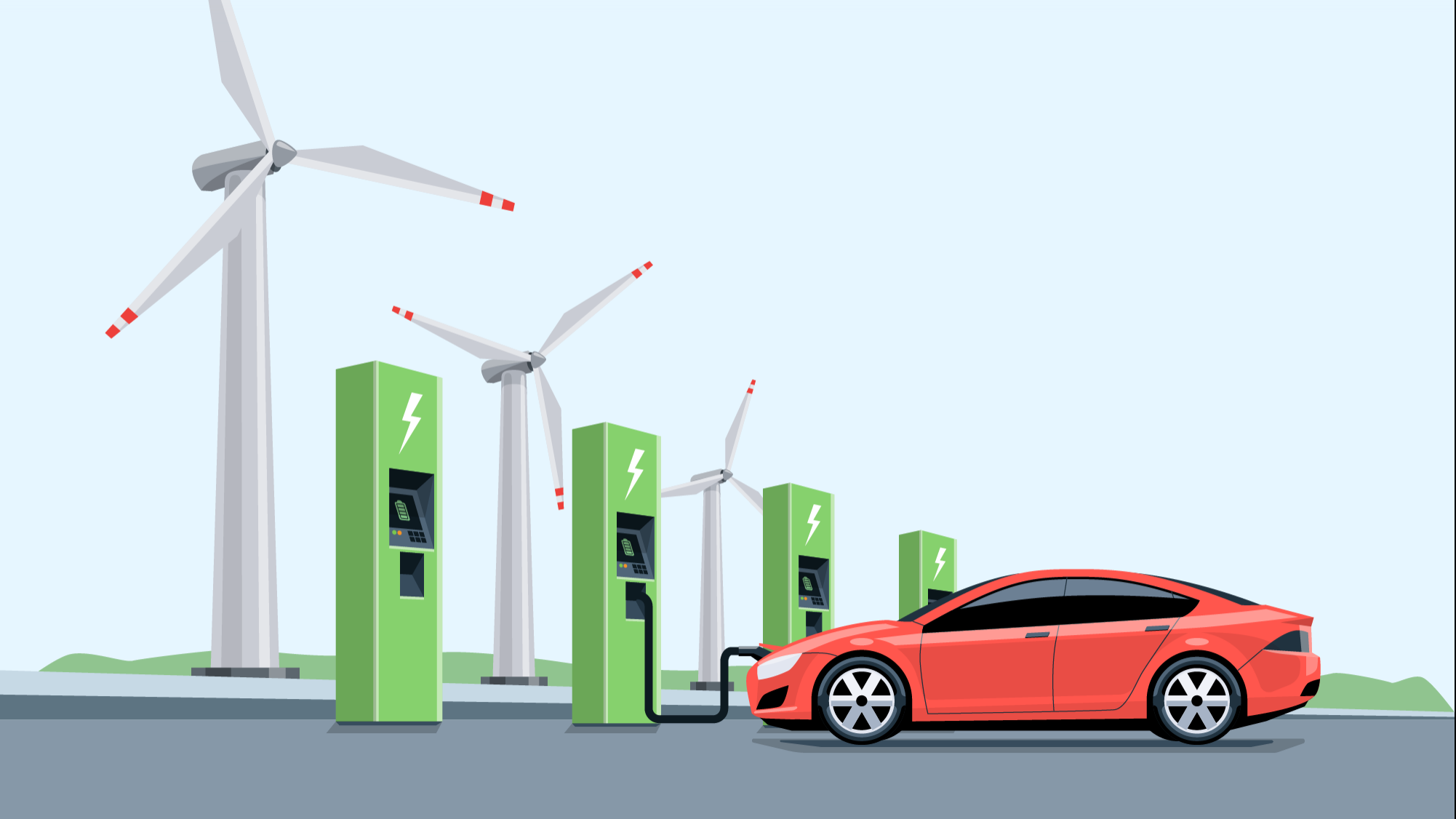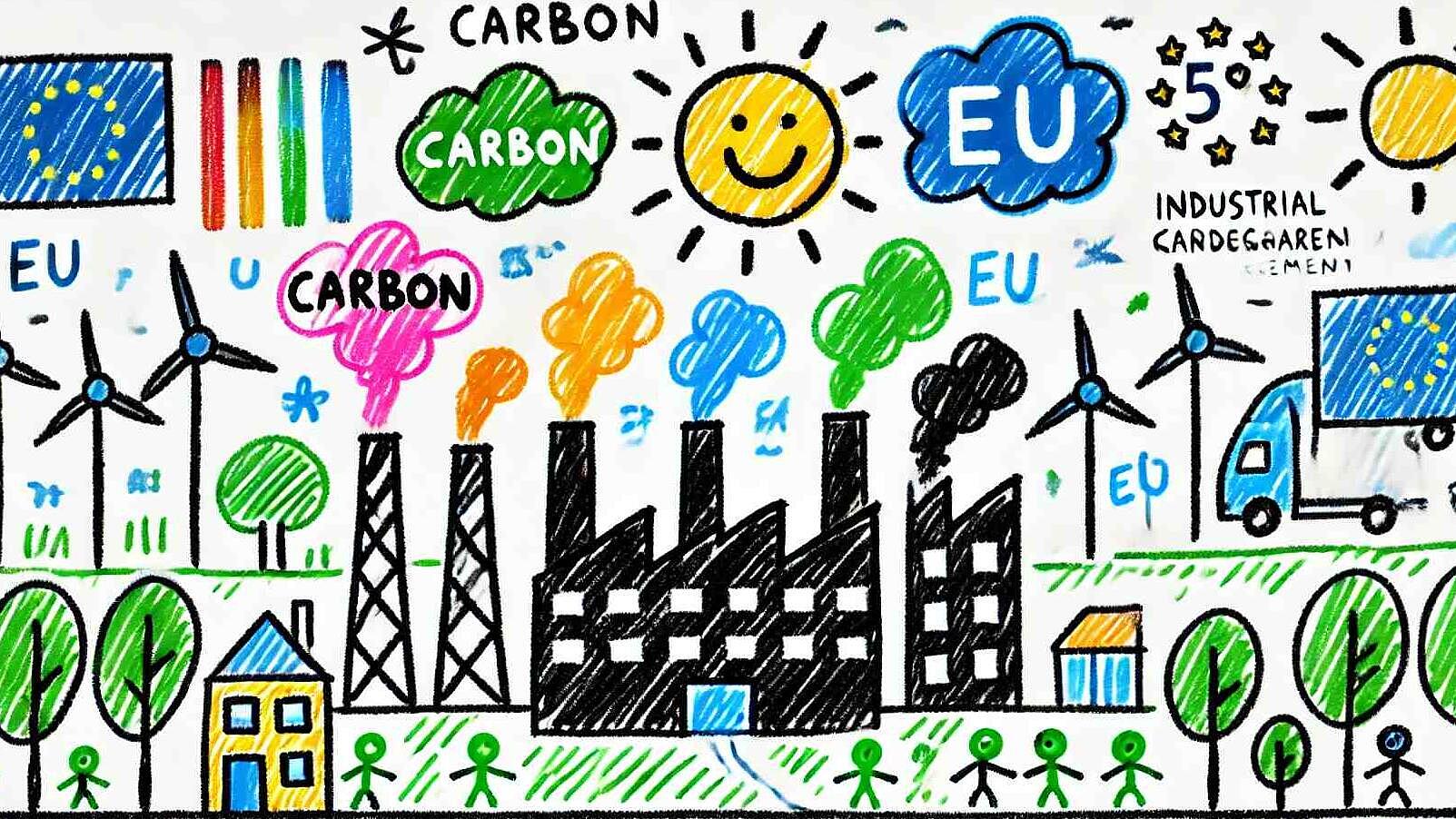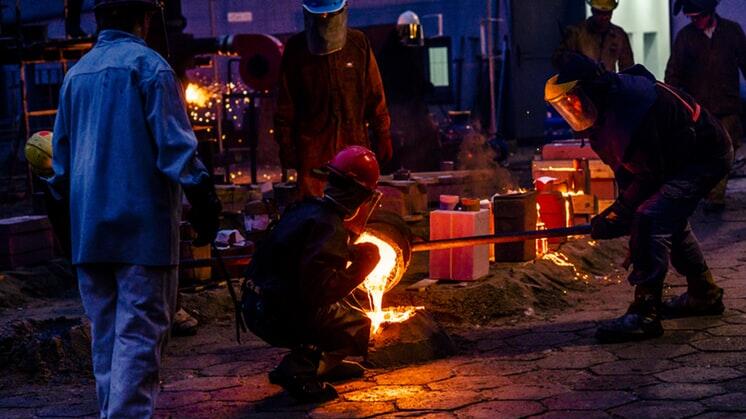 Search Result
Search ResultCEMBUREAU’s roadmap towards #Cement2050 – a Carbon Neutrality Roadmap
The European Cement Association, CEMBUREAU , the representative organisation of the cement industry in Europe and spokesperson for the cement industry before the EU institutions and other public…
Read Full articleEUROPEAN ALUMINIUM: sustainable industrial recovery plan
EUROPEAN ALUMINIUM provides a set of recommendations for a sustainable industrial recovery plan The aluminium industry has traditionally been considered strategic in Europe, however, 2019 data show…
Read Full articleEmissions Impacts of Alternative Fuels Combustion in the Cement Industry
Authors: Ali Hasanbeigi, Navdeep Bhadbhade With over 7% of global CO2 emissions, decarbonization of the cement industry will play a key role in achieving the Paris Climate Agreement targets. The deep…
Read Full articleDeep decarbonisation of industry: The cement sector
Headlines Fossil fuel combustion to meet heating needs accounts for 35% of cement’s CO2 emissions. The remaining 65% are due to direct process emissions, which must also be addressed. The biomass use…
Read Full articleDefining Carbon Neutrality: Not as Simple as It Might Seem
How to understand the terms ‘ decarb onization’ and ‘ carbon neutrality’? It is not about removing carbon itself – it is the combination of carbon and oxygen (carbon-dioxide) which yields harmful…
Read Full articleDecarbonisation in Japan: Ammonia-coal co-firing versus renewables
Japanese utilities are exploring the case for retrofitting their existing coal power plants to enable co-firing of coal with ammonia to reduce carbon dioxide emissions. However, ammonia-coal co-firing…
Read Full articleTowards Zero Emission Mobility in European Transport
Thirteen companies and industry associations from European industry have joined forces and identified key tasks on the upcoming European Union Low Emission Mobility Package. Representing the…
Read Full articleHarnessing Carbon: Europe's Ambitious Plan for Industrial Carbon Management
In an era where climate change looms large, the European Union is taking bold steps to reshape its industrial landscape. The EU's strategy for industrial carbon management, as outlined in a recent…
Read Full articleDecarbonisation of industrial heat: The iron and steel sector
Headlines Current primary steel production is highly integrated; incremental efficiency improvements can only further reduce emissions by about 10%. The analysis of scenarios published recently by…
Read Full article36 Emerging Technologies for Energyefficiency and GHG Emissions Reduction in the Pulp and Paper Industry
The pulp and paper industry accounted for approximately 5 percent of total industrial final energy consumption and 2 percent of direct carbon dioxide (CO2) emissions from the industrial sector…
Read Full article








